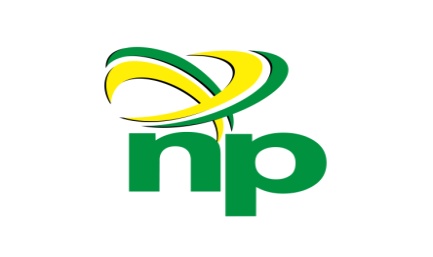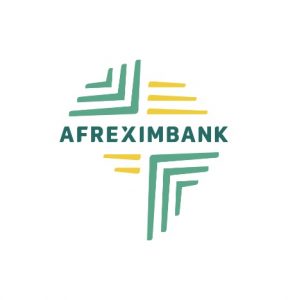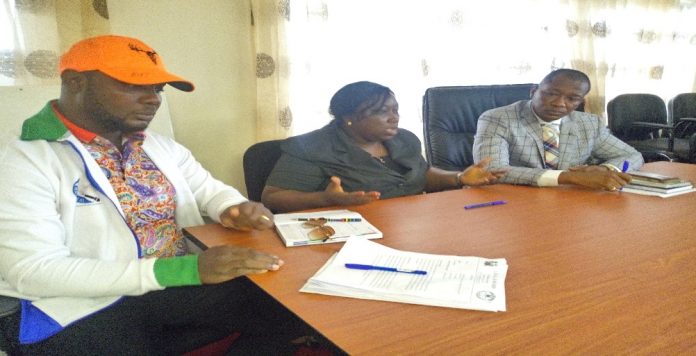An incisive investigative undertaking mounted recently, in light of the recent rumoured fuel shortage a lot was unearthed in relation to some of the challenges that most of the country’s petroleum marketers especially the leading one, the National Petroleum Sierra Leone Limited have been and are still facing.
Starting with NP -SL Limited it was learnt that the company recorded a massive loss from January to May 2019 to the tune of over 96bn Leones as a result of the huge difference between the actual price PLATTS and average purchase price of USD $ to the Leone when matched against that of the Petroleum Regulatory Agency Pricing Formula.
It was further understood that presently some of the teething challenges NP is daunted or encumbered with range from variations in the actual price quoted on PLATTS and the PRA Pricing Formula, variation in the actual market price of USD and PRA pricing Formula, variation in the actual market price of USD and PRA pricing formula. Currently, the company is paying an average of Le9, 000/1USD as compared to Le8, 600/1USD to effect transactions. What this situation has put the company into is that it owes its suppliers over $42m which they are very much challenged to honour.
It could be recalled that in the past when the Petroleum industry in the country had been rocked by challenges and to avert public indignation that have the propensity into degenerating to crisis, Governments stepped up to subsidize the prices of petroleum products. Such a move ensured that pump prices are at affordable prices which the populace will settle with.
However, what now obtains is that Government has increased the pricing regimes to reflect the real market prices of petroleum products in our market place. As it is of now it is the oil marketing companies that are subsidizing virtually all sectors in the industry to the detriment to their very survival of these companies. “This situation must be seriously reversed,” an expert in Petroleum issues admonished.
What again shed light on this is the nature of the petroleum business in this country which is such that importation of the product is in US Dollars but on the flipside sold locally in Leones. Interestingly, NP continues its buy and sell processes all over again even at its own detriment.
Regrettably, the company is finding it extremely difficult to procure dollars in the market although they have been receiving tacit support from the Bank of Sierra Leone but even at that the amounts received are not adequate.
Though, indeed it is not the business of Government to provide foreign currency for businesses yet it could be prudent on the part of the Central Bank to develop a mechanism where foreign exchange is provided for oil marketing companies to enable them to pay for badly needed petroleum products in our market place considering its fluidity.
It is understood that NP strongly believes in the digital revolution which is why they welcomed the ASYCUDA software in their operations. Lamentably, however, its implementation is impacting negatively on their speed to market initiatives. Therefore it is recommended that the relevant authorities should build solid capacity amongst their team to ensure seamless flow of products that are free of interruption due to the implementation of the ASSYCUDA system.
Another thing that was unravelled during the conduct of investigations was that NP’s working capital and cash flow are affected by what the Ministry of Energy presently owes them.
The Ministry needs to liquidate that amount owed because its negative impact hinders the company’s ability to purchase much needed petroleum products and that cannot be over emphasized. It was understood that if this is done immediately it will put the company in better stead to continue its operations.
Besides, the company pays Toll Gate fees, ASSYCUDA processing fees, Environmental Protection Agency fees, storage fees and other fees imposed by the Petroleum Regulatory Agency…and all these are having a toll on the company’s spending power.
However, despite the fact that the company has been facing all these challenges it is determinedly weathering the storm.
Other companies also interviewed outlined similar militating challenges and called for workable solutions to overcome these challenges.















